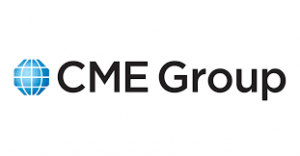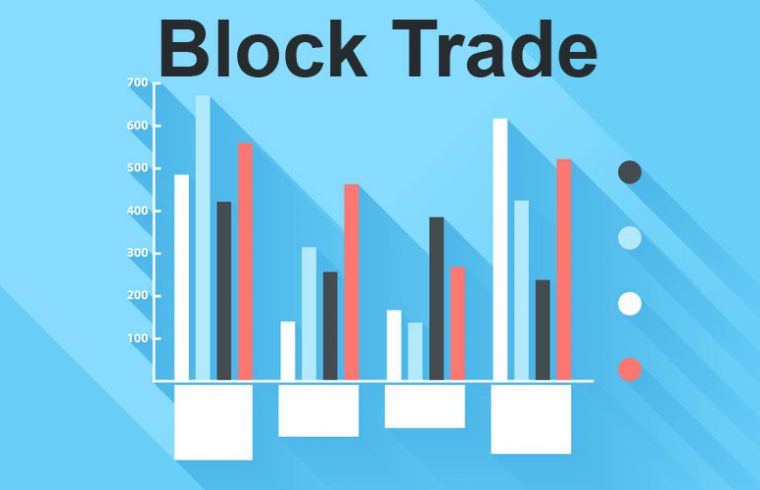 The CME may inform traders within a couple of days to several months that a trade is under investigation.
The CME may inform traders within a couple of days to several months that a trade is under investigation.
The Futures Industry Association recently held a webinar entitled, “Block Trades on CME Group Exchanges during the COVID-19 Pandemic.”
Members of the CME took several questions from traders about block trades.
One question was, “how soon would a participant be notified that a trade is under investigation or being reviewed?”
Urmi Graft, the director of investigations at CME, answered the question.
“You would receive request letters from us about potential late reporting violations, or you know pricing, pre-hedging, money, tax-related questions, watch-related question, within about I’d say, a month or two of the activity- it could be sooner,” she stated, “There are certain situations where you could hear from us with a couple of days of the activity occurring.”
She continued, “If we conduct an expanded review spanning a broader time frame, you may hear from us a longer period after the activity that was part of the expanded review occurred. So, it’s not a very black and white answer.”
Another question was, “Can block trading be conducted on an electronic trading platform?”
The answer was complicated.
“There is a provision in the market regulation advisory notice about third party system that displays indicative bids and offers for trading block trades.” The answer stated, “While a third party system that displays this bids and offers is allowed to be used to negotiate these block trades, the actual negotiation and execution of the trade must be private. So, indicative bids and offers do not mean that a party is allowed to click on a price and subsequently that trade is done and submitted to the exchange.
“So, there needs to be another step where if the party- if the system is showing bids and offers to multiple participants that everyone can see then if they clicked on a particular price or trade that they are interested in, there is a subsequent private step, whether that is via an instant message, or a pop-up, or a phone call, or an email, where the actual negotiation and execution occurs that is ok. But a functional equivalent of a central limit order book is not going to be allowed for the execution of block trades.”
A block trade, “is the sale or purchase of a large number of securities. A block trade involves a significantly large number of equities or bonds being traded at an arranged price between two parties. Block trades are sometimes done outside of the open markets to lessen the impact on the security price. In general, a block trade involves at least 10,000 shares of stock, not including penny stocks, or $200,000 worth of bonds. In practice, block trades are much larger than 10,000 shares,” according to the website, Investopedia.









